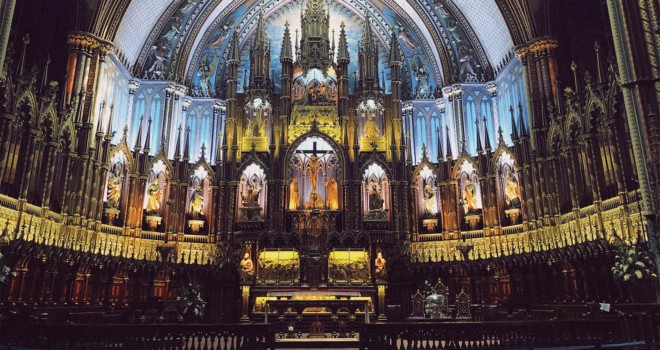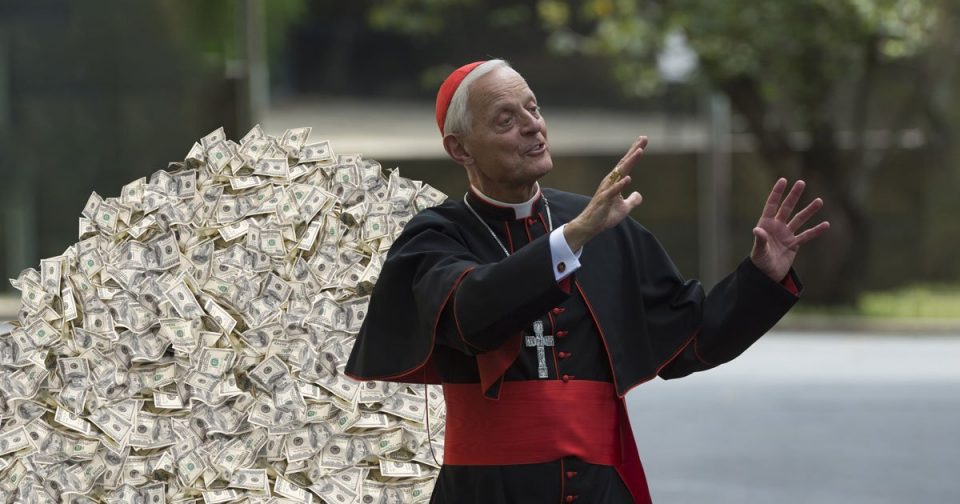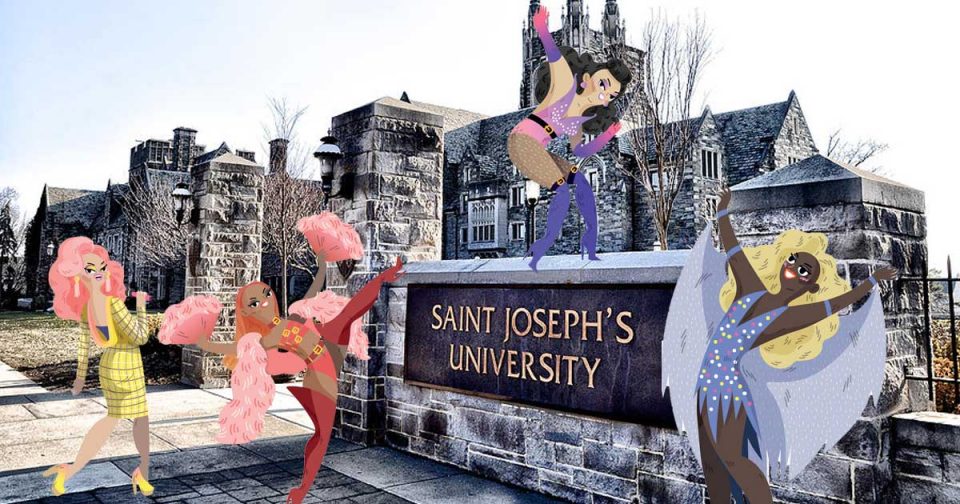Sometimes the Holy Spirit Leads Us into Our Dark Nights, by Stephen Beale

Saint of the Day for July 10: St. Veronica Giuliani (Dec. 27, 1660 – July 9, 1727)
July 10, 2019
California Bill Forcing Priests to Violate the Seal of Confession Withdrawn, by Doug Mainwaring
July 10, 2019
By Stephen Beale, Catholic Exchange, July 9, 2019
Thanks to the Pentecostal movement, contemporary Christian culture often associates experiences of the Holy Spirit with ecstasy or enthusiasm.
Scripture, however, shows us that often it’s quite the opposite. Rather than a surge of positive emotions or a rush of happy feelings, the Holy Spirit often leads us into our darkest nights, the depths of suffering, and our own personal crosses.
This is evident from the life of Christ.
It begins with Christ’s temptation in the dessert. All three gospel accounts record that it was the Holy Spirit that led Jesus into the desert (Matthew 4:1, Luke 4:1, and Mark 1:12). In fact, the account in Mark is more direct than this: it says that the Holy Spirit ‘drove’ Jesus into the wilderness, where Jesus went without food for 40 days.
Similar language occurs in 1 Peter 3, where it says Jesus entered hell ‘enlivened’ by the Spirit:
Because Christ also died once for our sins, the just for the unjust: that he might offer us to God, being put to death indeed in the flesh, but enlivened in the spirit, in which also coming he preached to those spirits that were in prison (verses 18-19).
To the extent that we are conformed to Christ (Romans 8:29) and imitate Him (1 Corinthians 11:1), we can expect that the Spirit may lead us to places of darkness and deprivation—which is certainly not what popular Christian culture envisions as being part of our relationship with Him.
In fact, according to the Epistle to the Hebrews, it was the Holy Spirit who ‘moved’ Christ to offer Himself up on the cross:
For if the blood of goats and bulls and the sprinkling of a heifer’s ashes can sanctify those who are defiled so that their flesh is cleansed, how much more will the blood of Christ, who through the eternal Spirit offered himself unblemished to God, cleanse our consciences from dead works to worship the living God (Hebrews 9:13-14).
Pope St. John Paul II elaborates on this moment in his encyclical on the Holy Spirit, Dominum Et Vivificantem,
According to the Letter to the Hebrews, on the way to his ‘departure’ through Gethsemani and Golgotha, the same Christ Jesus in his own humanity opened himself totally to this action of the Spirit-Paraclete, who from suffering enables eternal salvific love to spring forth. Therefore he ‘was heard for his godly fear. Although he was a Son, he learned obedience through what he suffered.’ In this way this Letter shows how humanity, subjected to sin, in the descendants of the first Adam, in Jesus Christ became perfectly subjected to God and united to him, and at the same time full of compassion towards men. Thus there is a new humanity, which in Jesus Christ through the suffering of the Cross has returned to the love which was betrayed by Adam through sin. This new humanity is discovered precisely in the divine source of the original outpouring of gifts: in the Spirit, who ‘searches…the depths of God’ and is himself love and gift (40).
John Paul’s encyclical explains why it is that the Holy Spirit leads us to suffering: because, on this side of heaven, true love, divine love, always entails suffering. On this side of heaven, the cross is the complete expression of God’s His infinite love for a fallen humanity.
And, through baptism, the Holy Spirit calls us to imitate Christ’s example on the cross. For it is in baptism that we are united to Christ’s death, as St. Paul teaches us (Romans 6:4). Today, most of us are baptized as infants, so we lack awareness of this radical calling we have been given. But it’s easy to remind ourselves of it. We have the opportunity to renew our baptismal vows every Easter. We also relive this renewal in a small way every time we cross ourselves with Holy Water before entering a church.
Many Christians today yearn for a renewed ‘outpouring’ of the Spirit. Scripture tells us that such an outpouring—if it is really from God—leads us to the sorrows of the cross:
I will pour out on the house of David and on the inhabitants of Jerusalem a spirit of mercy and supplication, so that when they look on him whom they have thrust through, they will mourn for him as one mourns for an only child, and they will grieve for him as one grieves over a firstborn (Zechariah 12:10).
✠
Photo by Timothy L Brock on Unsplash




